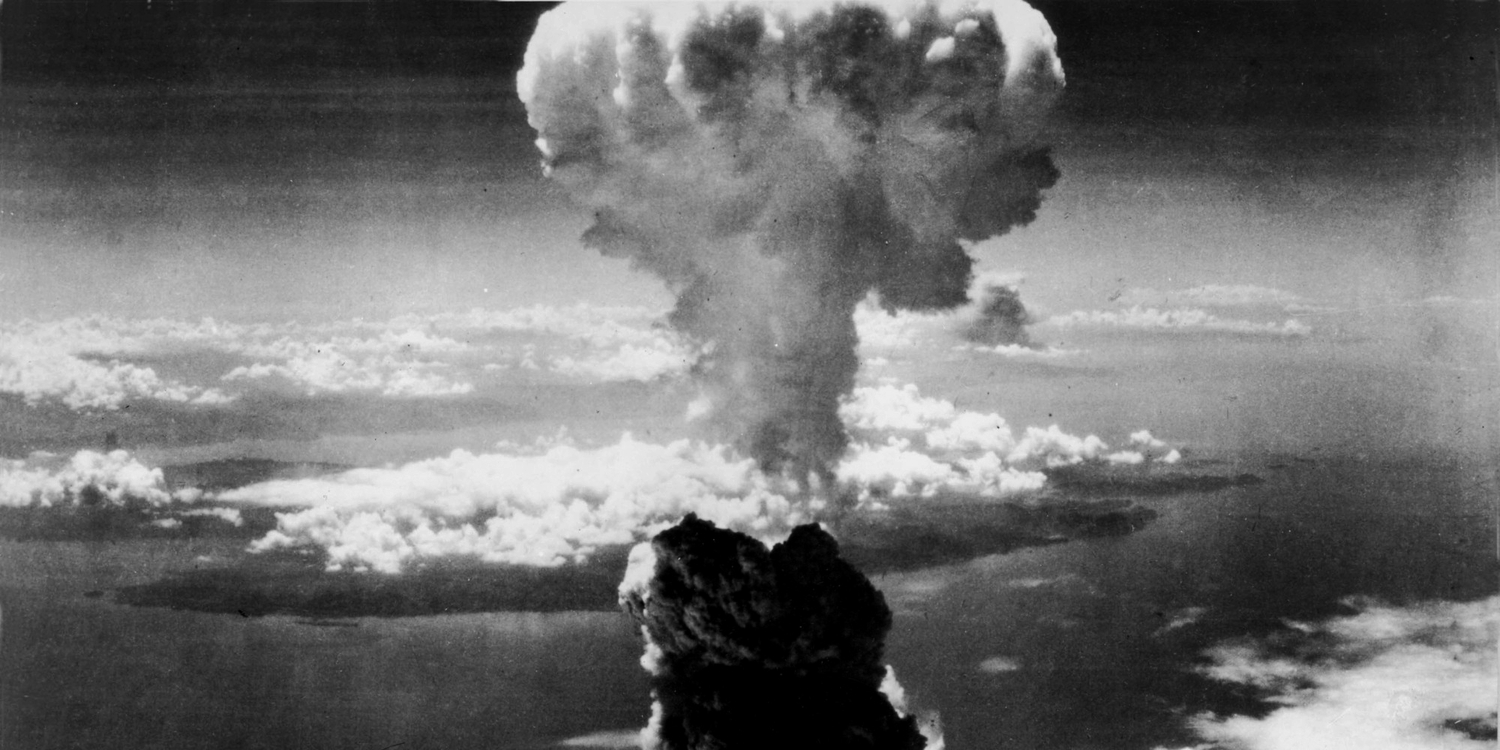
Mohammad Jamil
J. Robert Oppenheimer, the physicist who played a central role in developing the A-bomb, quoting from Hindu scripture after the first nuclear bomb explosion, had stated : “Now I have become Death, the destroyer of worlds.” This quotation fits India exactly, as India plans to increase nuclear arsenal in the name of development of energy from nuclear power. But this ambitious goal could come at a cost. Radioactive waste from uranium mines in the country’s east is contaminating nearby communities. Local activist Kavita Birulee said: “The villagers here are terrified of the radioactive waste. In Jadugoda, rates of cancer, miscarriages and birth defects are climbing. I was thrown out of my in-laws’ house after suffering two miscarriages, as my husband abandoned me. Uranium waste has ruined my life.”
Just 40 years ago, Jadugoda was a quiet and lush green locality with no dust or radiation pollution. Indian government started mining operations in 1967 and since then apart from children’s deformities, uranium mining has caused serious birth defects in nearby communities. Radioactive waste generated by three nearby government-owned mines has caused serious health-related problems in Jadugoda. The mines belong to Uranium Corporation of India Limited – or UCIL. The waste has put 50,000 people, mostly from tribal communities, at risk. A recent study of about 9,000 people in villages near the mines has documented cases of congenital deformities, infertility, cancer, respiratory problems and miscarriages. Adlai Stevenson once said: “Nature is neutral. Man has wrested from nature the power to make the world a desert or to make the deserts bloom. There is no evil in the atom; only in men’s souls.”
Indeed, nuclear technology has a tremendous positive impact on the lives because it allows doctors and scientists to combat disease through diagnosis and treatment of cancers and other ailments. But the havoc it played during World War II is fresh in the minds of the Japanese and for that matter the world over. After 72 years, survivors of Hiroshima and Nagasaki are in their 80s, and many young Japanese can no longer remember the dates when American atomic bombs incinerated the two cities. There is no disputing the fact that the two bombs that killed more than 200,000 in the two cities in August 1945 and many underwent unspeakable agony, and survivors are still suffering.
Hiroshima and Nagasaki have become shrines to peace and a pacifism proclaiming that nuclear weapons are an absolute evil. In 2015, tens of thousands of people had joined Japanese Prime Minister Shinzo Abe and the then United States ambassador to Japan, Caroline Kennedy, in Hiroshima to mark the 70th anniversary of the moment when a bomb nicknamed Little Boy exploded over the city. Many writers and analysts were critical of dropping of nuclear bombs by the US on the grounds that War-II was over with the defeat of Germany and Japan. But in the United States, the dominant narrative has been that the A-bombs were necessary to bring Japan to its knees without an invasion that would have had far greater casualties of both Americans and Japanese.
There was also an argument that the bombs were needed to curb Soviet ambitions after World War II, but that was never proved. However, one thing remained certain that the United States was the only state to have used the nuclear weapon. To Harry Truman, the president who ordered the attacks, “the atom bomb was merely another powerful weapon in the arsenal of righteousness.” But those who created it never saw it quite that way; what J. Robert Oppenheimer said after the first nuclear explosion that “Now I have become Death, the destroyer of worlds,” shows his angst.



